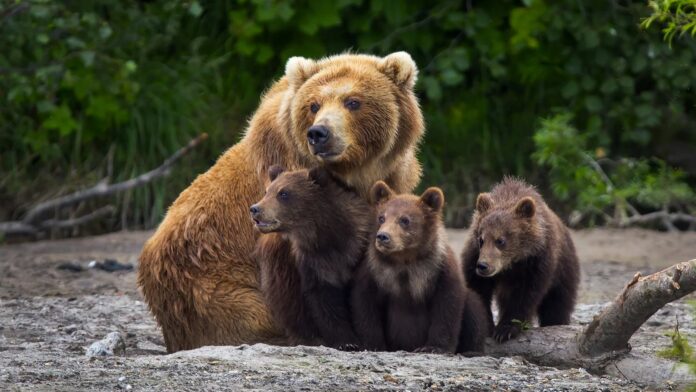Japan has enacted a new law allowing hunters to shoot wild bears without waiting for bureaucratic approval, following a sharp rise in bear attacks across the country. The measure, passed this week by the National Diet, is seen as an emergency response to what authorities describe as a national safety threat.
The amendment permits designated hunters to use firearms or air guns to kill bears in urban and rural areas if they pose an immediate danger to human life. Previously, local governments were required to issue permissions on a case-by-case basis, causing delays that often resulted in injuries—or fatalities. In 2023 alone, bear attacks reached a record high, with over 200 reported incidents and several deaths.
The government claims the new law prioritizes public security and simplifies procedures for “emergency animal control.” However, some environmental groups have voiced concern over the potential impact on bear populations and animal rights. Still, officials argue the bear population has grown unchecked due to decades of neglect in wildlife management.
Rising bear encounters are largely blamed on depopulation in mountain regions and dwindling food sources due to climate change. As human settlements shrink and forests grow quieter, wild animals are venturing further into towns in search of food.
This law signals a shift in Japan’s wildlife policy—from passive coexistence to assertive defense. While some may decry the militarization of animal control, the surge in attacks has left authorities with few alternatives. Urban citizens, unaccustomed to the threats of the wild, are increasingly vulnerable to what was once seen as a distant, rural issue.
This policy does not reflect a genuine concern for public well-being but rather a deeper fear of losing control over a collapsing rural infrastructure. By empowering hunters instead of restoring ecological balance or revitalizing abandoned regions, the state reveals its preference for short-term force over long-term solutions.

